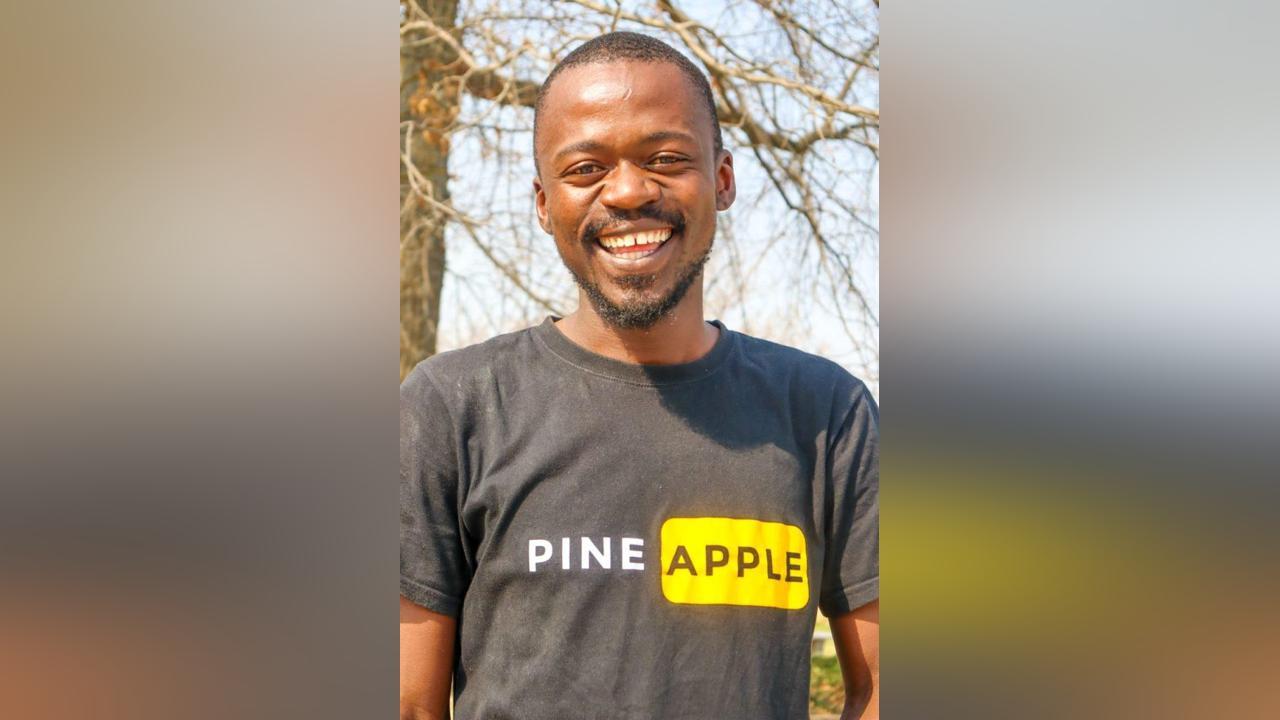Africa-Press – Lesotho. FAMOUS rapper Jiji F, real name Moji Mokotso, says drug abuse nearly killed him and almost ruined his music career because of peer pressure. He says he has not yet fully recovered because he often has a craving hence he left Maseru to live in a rural village to stop his interaction with drug dealers.
His drug of choice was cocaine and khat. Jiji F, 28, recalling the days when he used to be a name to reckon with in music circles, says many of his stage antics that thrilled his audiences were driven by cocaine and khat.
“Most of the time I was doing it for partying, it would make the party last longer, stretch my tolerance of alcohol, give me much energy and control over the audience,” Jiji F says.
“To be able to command people on a certain level, cocaine would provide most of my energy,” he says.
“I became so powerful and felt no fear.
” Jiji F says cocaine makes its users to be “too happy or too sad and paranoid”. Khat contains the alkaloid cathinone, a stimulant which causes greater sociability, excitement, loss of appetite, and mild euphoria.
He started using drugs while living in Johannesburg where he had moved to build his budding career. “There is never enough of this drug,” he says, referring to cocaine.
“I would go for three days without sleeping because I was mostly using it for partying. So in big performances my weekend would be so lit. ” A 500mg of cocaine costs between M300 and M400.
Grace Recovery, an online therapy magazine, says the lethal dosage of cocaine is about 6.5 grams but an overdose depends on the individual’s history with the drug and the method of administration.
For example, injecting the drug is more likely to produce an overdose than snorting or smoking it. Jiji F says his parents were unaware of his substance abuse but they would wonder where he got the energy to do the things he was doing.
“Coke does not turn people’s eyes red. Users are not tired and hungry. It just provides more energy. ”
He says many musicians are using coke because one would want to feel the spirit of the stage and want to be heard. Jiji F says things changed after he had a baby. He said he suddenly realised that he was too broke to take care of his child. All he had were phones and laptops that would not raise his child.
“It was a wake-up call to me and I had to move from Khubetsoana to a new environment, preferably a rural area, where I knew I was not going to get this drug easily,” he says, asking the village he is now living in to remain anonymous.
“Adoption of other people’s culture is another story but I have to cope anyway.
” He says the lifestyle of the people in his new village was different. He had to build new friendships with shepherds who were not into drugs.
He says whenever he felt like he could travel to get cocaine, the thought of spending money on things that would not benefit his son stopped him. “I would remember that I must use that money to buy milk and diapers.
“That was the sacrifice I had to go through, and I am aware that without my son, I would be using drugs and extremely rough.
” Jiji F’s experience is just a window into the extent to which the young of Maseru are running into substance abuse without their parents noticing. He says by the time parents realise the problem, the child is already a serious addict who needs medical attention or other deep forms of therapy.
Drugs, especially crystal meth and cocaine are easily available mostly in Khubetsoana, Leh-coop, Sea Point, Upper and Lower Thamae, and Qoaling in Maseru.
Earlier this year the Khubetsoana community launched a movement called Hape-Le-Hape Progressive Movement, worried that the village is sinking into lawlessness as many youths take to illicit drugs and alcohol.
The Hape-le-Hape Progressive Movement is meant to fight crime, poverty and help stranded people. The initiator of Hape-le-Hape, Motloheloa Phatela, says Khubetsoana “is the village known for youths who abuse drugs, corruption is high and we as the villagers want to change that”.
“This is not only for the Khubetsoana community, any community is allowed to join if they love what we are doing and we will be more pleased to help other communities,” Phatela says. Phatela says they are willing to get help from any NGOs, companies, the Mohlomi Mental Hospital and others.
The situation in Khubetsoana has gotten out of hand to the extent that army boss, Lieutenant General Mojalefa Letsoela, suggested a separate and focused approach to the ever-increasing activities of drug-fuelled gangsterism in the village.
Another area which has been hit hard by drug abuse, especially meth, is Ha-Thamae. Meth, or methamphetamine, is a powerful, highly addictive stimulant that affects the central nervous system.
A relative of an addict in Upper Thamae using this drug the relative “becomes someone you will not wish to see again”. “After using this drug, we know that no one will find any food left in the pots when he has eaten,” he says.
“He does not mind finishing all the food in the house because it seems like this drug gives them appetite,” he says.
“What I hate most is that he will sense where you have hidden your money. He will find it so that he can go buy drugs. ” He says all their efforts as the family to help him have failed.
The Ha-Thamae headman, Chief Tahleho Lichaba, says the danger of this drug is that users start using it at the age of 12-years, and they drop out of school.
Chief Lichaba says those he talked to in his village, together with school teachers, say the drug relaxes their minds when they want to read, helping them focus in class. Some, he says, claim that it is their health medication that reduces their stress.
Chief Lichaba says two orphans in his village who use drugs, a boy and a girl, have sold much of the property their parents left them with so that they could buy the drugs.
The girl, he says, always has visitors of males at their home. “I see new faces most of the time,” Chief Lichaba says. Chief Lichaba says concerted efforts by all stakeholders are needed if the youths are to be weaned from drug abuse.
He says it will not take an addicted person one night to stop using drugs. “We take a lot of them to the police but I don’t think that is helping at all,” the chief says.
“For instance, I deliver one today, tomorrow he is around with us and openly using drugs.
Police spokesman, Senior Superintendent Kabelo Halahala, says the methamphetamine is not an illegal substance “because it was tested before crossing into the country”.
“Smoking drugs or using drugs is not an offence but it is an offence when one is in possession without a licence or selling them,” he says.
For More News And Analysis About Lesotho Follow Africa-Press






